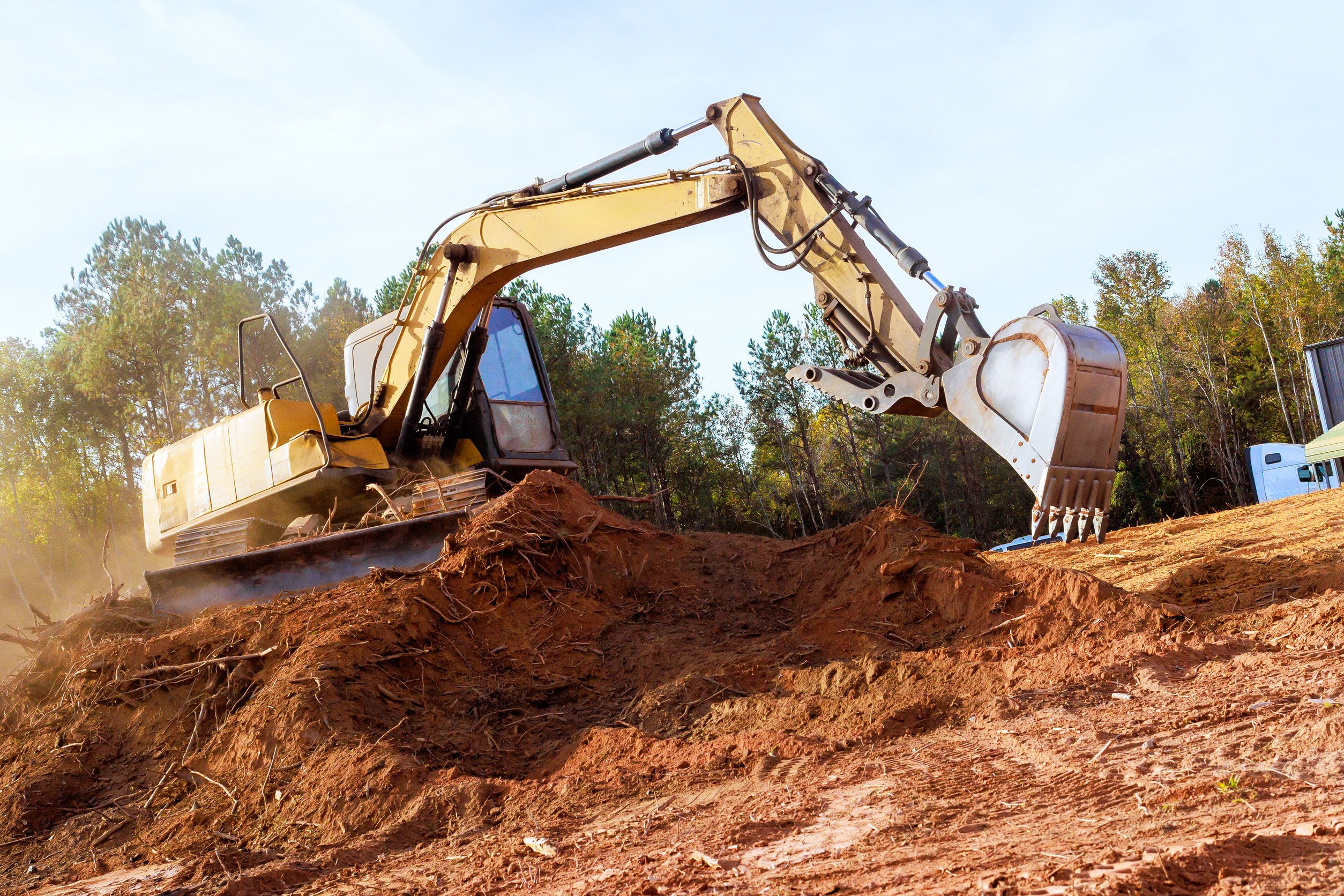3 min read
Currence v. A.D. Makepeace: Court Revives Citizen Suit Over Earth Removal Bylaw
Joe Whitcomb
:
October 19, 2025

In 2022, a group of ten Massachusetts residents and a nonprofit organization, Save the Pine Barrens, Inc., filed a complaint against A.D. Makepeace Company and its subsidiary, Read Custom Soils LLC. The plaintiffs alleged that the companies were engaged in unauthorized earth removal operations in Carver, Massachusetts, under the guise of cranberry bog construction and solar farm development. The plaintiffs claimed that these activities violated Carver’s earth removal bylaw and caused significant environmental damage to the Plymouth-Carver sole source aquifer, an essential local water supply.
The plaintiffs also named the Town of Carver’s Earth Removal Committee (ERC) as a defendant, asserting that it failed to enforce the local bylaw. The case was brought under Massachusetts General Laws Chapter 214, Section 7A, which allows at least ten residents to seek injunctive relief to prevent environmental damage resulting from statutory or regulatory violations.
Trial Court Proceedings
The Superior Court dismissed the plaintiffs’ complaint in its entirety. It found that the town’s earth removal bylaw did not qualify as a regulation designed to prevent or minimize environmental damage under Section 7A. The court ruled that the bylaw’s primary purpose was public safety and land management, not environmental protection. The court also found that some claims were time-barred and that the ERC could not be compelled to act through a mandamus petition. It further held that General Laws Chapter 40, Section 21(17), did not create a private right of action for citizens to enforce local bylaws.
Appellate Review
The Massachusetts Appeals Court reviewed the decision de novo. It examined whether the plaintiffs adequately alleged ongoing environmental damage and whether the earth removal bylaw’s major purpose was to protect the environment. The court determined that the plaintiffs had plausibly alleged continuing environmental harm due to the large-scale removal of sand and gravel, tree clearing, and land alteration across three sites in Carver. These actions, according to the court, qualified as damage to the environment under the statute’s definition, which includes destruction or impairment of natural resources such as soil and water.
The appellate court disagreed with the lower court’s finding regarding the bylaw’s purpose. It concluded that the Carver earth removal bylaw’s major purpose was indeed to prevent or minimize environmental damage. The court cited the bylaw’s placement within the town’s environmental code and its requirements for site restoration, conservation standards, and plans designed to mitigate the impact of earth removal. The court noted that such measures demonstrated an intent to protect land and soil resources, not solely to ensure safety.
Defendants and Proper Parties
The Appeals Court held that A.D. Makepeace Company and Read Custom Soils LLC were proper defendants because they were the entities directly conducting the alleged earth removal activities. It ruled, however, that the Earth Removal Committee was not a proper defendant under Section 7A because it did not cause the alleged environmental damage. The court explained that failure to enforce environmental regulations does not constitute “causing” environmental harm within the meaning of the statute.
Statute of Limitations and Timeliness
The defendants contended that the plaintiffs’ claims were barred by a sixty-day statute of limitations applicable to actions challenging permit decisions. The court rejected this argument, distinguishing between a challenge to the issuance of permits and allegations of ongoing violations. Because the plaintiffs alleged continuous and unpermitted earth removal, the court held that no fixed limitations period applied under the circumstances. The plaintiffs had also complied with Section 7A’s requirement to provide at least twenty-one days’ notice before filing suit, and the court deemed their 128-day delay after the notice period reasonable.
Mandamus and Additional Claims
The plaintiffs sought a writ of mandamus compelling the ERC to enforce the bylaw and impose penalties. The Appeals Court affirmed the trial court’s dismissal of this claim, holding that mandamus cannot compel discretionary government actions. Enforcement decisions, the court reasoned, fall within the agency’s discretion and are not subject to judicial control absent a clear legal duty.
Similarly, the court upheld dismissal of the plaintiffs’ claims under General Laws Chapter 40, Section 21(17), finding that the statute authorizes towns—not private citizens—to enforce bylaws. The court also dismissed the request for declaratory judgment, explaining that the plaintiffs’ only viable remedy arose under Chapter 214, Section 7A.
Court’s Ruling
The Appeals Court affirmed the dismissal of claims against the Earth Removal Committee but vacated the dismissal of the Chapter 214, Section 7A, claims against A.D. Makepeace Company and Read Custom Soils LLC. It remanded the case to the Superior Court for further proceedings concerning the alleged unpermitted and environmentally harmful earth removal activities at three Carver sites. The court also denied the defendants’ request for attorney’s fees.
Assistance with Regulatory Compliance Matters
If your business faces disputes involving environmental compliance, land use, or regulatory enforcement, Whitcomb, Selinsky PC assists with regulatory compliance matters. Contact our team to learn how we can help you navigate environmental regulations and develop policies that align with state and local laws.


